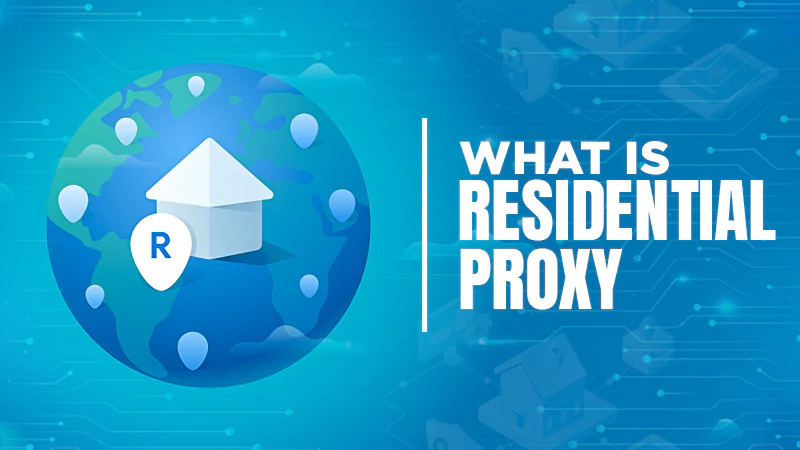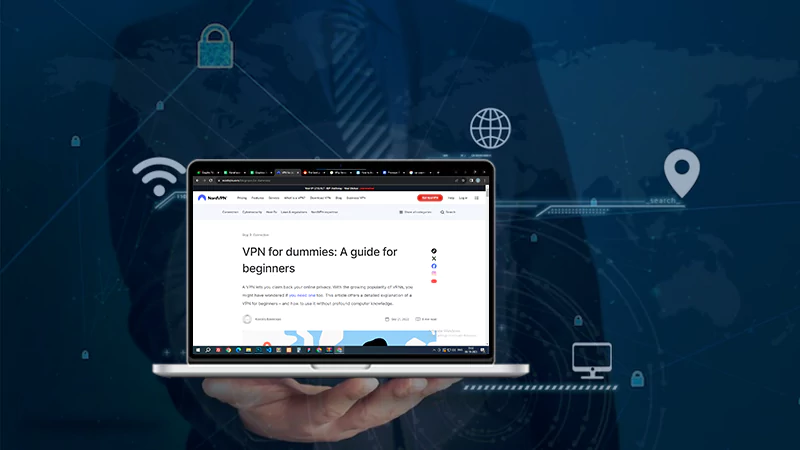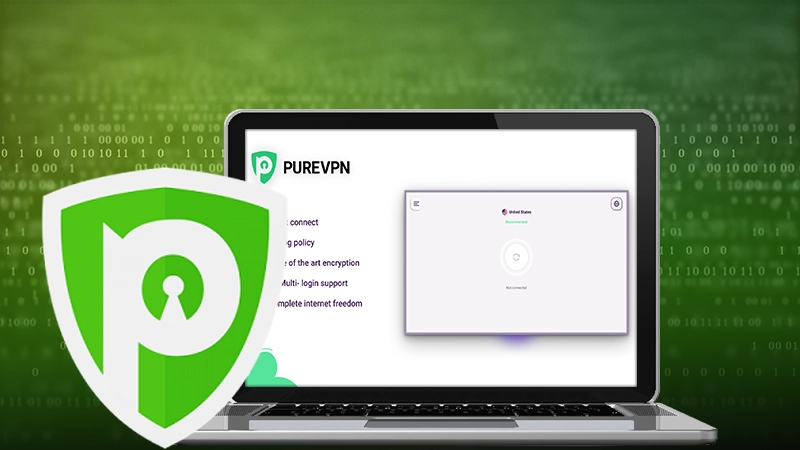Residential Proxies vs. Datacenter Proxies, Which One is Better for Gaming?
When it comes to gaming, one of the most important things is having a fast and reliable connection. This is why many gamers choose to use proxies to improve their online gaming experience. But which type of proxy is better for gaming: Residential or Datacenter? Both of these proxies have their advantages and disadvantages when it comes to gaming. This article will compare and contrast the two types of proxies to see which one is better for gaming. But first, let’s start with a brief introduction to proxies.
What are Proxies?
Proxies are servers that act as intermediaries between clients and other servers. Proxies can be used for various purposes, such as retrieving data, caching content, or protecting the privacy of users. As a matter of fact, proxies are one of the essential tools for online privacy and security. They also speed up your internet connection because proxies cache content, meaning they save access to specific web pages, so they don’t have to be accessed by your computer each time you want to read them.
There are two main types of proxies: Residential proxies and Datacenter proxies.
Residential Proxies
Residential proxies are used in homes or offices for accessing local resources on private networks or within one’s own country. Residential proxies are common for remote desktop applications. They are mostly used for privacy & security purposes, as well as for unblocking websites.
When Should You Use Residential Proxies?
Residential proxies are best for geolocation-based content, such as watching region-locked Netflix or BBC iPlayer content. They are also great for bypassing censorship restrictions, such as in China or Turkey, and improving your online privacy and security.
When it comes to safer gaming, residential proxies are helpful because they cloak your IP address with that of the proxy server. This helps prevent DDoS attacks and makes it more difficult for someone to track your online activity.
How Residential Proxies Work
When you connect to a residential proxy server, the proxy server forwards your request to the intended destination. The destination then sends the response back through the proxy server, forwarding it to you. This process makes it appear to be connecting from the proxy server’s location rather than your own.
What are the Uses of Residential proxies?
- Geo-restricted content – Residential proxies are used for Geo-restricted content, such as streaming Netflix abroad. They can also be used to bypass internet censorship and secure your privacy on the web.
- Data archiving – Residential proxies are great for data archiving. Because proxies can cache content, proxies can store information locally to be accessed faster by other computers on your network.
- Safer gaming – As mentioned above, residential proxies can be used for safer gaming. They cloak your IP address so you won’t appear to be connecting from your own connection’s IP address.
Also Read: Comparing Datacenter Vs. Residential Proxies: Which is Best?
Residential Proxies & Gaming
Residential proxies can provide better security and privacy protection during online gaming. For example, it can protect your personal information from being leaked during a DDoS attack. Residential proxies are also helpful for geo-location-based multiplayer games. However, they are not as good for ping-based games such as Counter-Strike: Global Offensive because proxies add latency to your connection.
Datacenter proxies
Datacenter proxies are used for large-scale content distribution networks. They consist of powerful proxy servers deployed in data centers worldwide, which help accelerate the distribution of online content by caching it. Unlike residential proxies, data center proxies can’t be shared between friends because they are usually dedicated proxies assigned per user.
These are usually faster than residential proxies for gaming and other online activities that require large bandwidths. They are also great for bypassing censorship restrictions since they are available in various locations throughout the world.
When Should You Use Datacenter proxies?
Datacenter proxies work well with internet giants such as Google and Facebook. They are also suitable for web-based multiplayer games because they provide low latency connections due to their high speeds. However, data center proxies suffer from DDoS attacks because other players can affect the connection speed of other users.
How Datacenter proxies Work
Datacenter proxies work by caching the website’s content on their servers. When a user requests the same content again, it is served from the proxy server rather than the origin server. This prevents the user from having to download the content again, which improves speed and reduces bandwidth usage. Additionally, hosting websites on dedicated proxy servers makes it easier to maintain high uptime and availability.
What are the Uses of Datacenter proxies?
- Content distribution networks – Datacenter proxies are used to distribute content quickly. This is because datacenter proxies provide low latency connections to help deliver data faster than traditional CDN solutions. They also offer geographical fault tolerance, which means they can serve more online users without failing.
- Browsing anonymously – Datacenter proxies can be proxies to hide your actual IP address and browse the web anonymously. These are good for bypassing internet censorship and securing your privacy on the web.
- Faster gaming experience – Datacenter proxies are useful for a quicker online gaming experience. The proxies can also help minimize ping time in games, so response times are much lower when using datacenter proxies compared to residential proxies.
Datacenter Proxies & Gaming
Speed matters most in online gaming, and that’s where data center proxies come in. Datacenter proxies are known for their high speeds and low latency, making them perfect for gaming. They also provide a more consistent connection than residential proxies, which can be dropped or blocked during gameplay.
Datacenter proxies are also less likely to be blocked by gaming servers because they are not associated with residential IP addresses. This means you can play your favorite games with fewer interruptions.
Which Proxy Should You Choose When It Comes to Gaming?
Whether you’re playing games with latency-based or ping-based play, there are some things to consider when deciding which proxy to choose. Residential proxies are good for bypassing internet censorship and securing your privacy, but they can be dropped or blocked during gameplay. Datacenter proxies are known for their high speeds and low latency, making them perfect for gaming. They also provide a more consistent connection than residential proxies so that games will have fewer interruptions with datacenter proxies. However, data center proxies suffer from DDoS attacks because other players can affect the connection speed of other users. So, the choice between residential and data center proxies really depends on your needs. If you’re looking for a faster gaming experience with fewer interruptions, then datacenter proxies are the best option. But if you’re looking for a proxy to bypass internet censorship or secure your privacy, then residential proxies are a better choice. So, which proxy are you going to choose?
What Is Mobile Proxy And How Do They…
What Is Residential Proxy? Definition And Guide 2024
Protect Yourself from Cybercrime: Top 5 Smart Strategies…
Strategies for Cyber Success: Safeguarding and Managing Your…
Cybersecurity Course Online: Navigating the Digital Threat Terrain
Are You Being Spied On? 5 Reasons Why…
Fortifying Your Online Fortress: Unveiling the Best Paid…
The Imperative of Cybersecurity Integration in Front-End Development…
10 Tricks for Staying Cyber-Secure While Binge-Watching
Securing Your System: The Importance of Anti-Malware Software
Benefits of VPN for Enterprise Networks: Enhanced Security
PureVPN – The Best Streaming VPN












